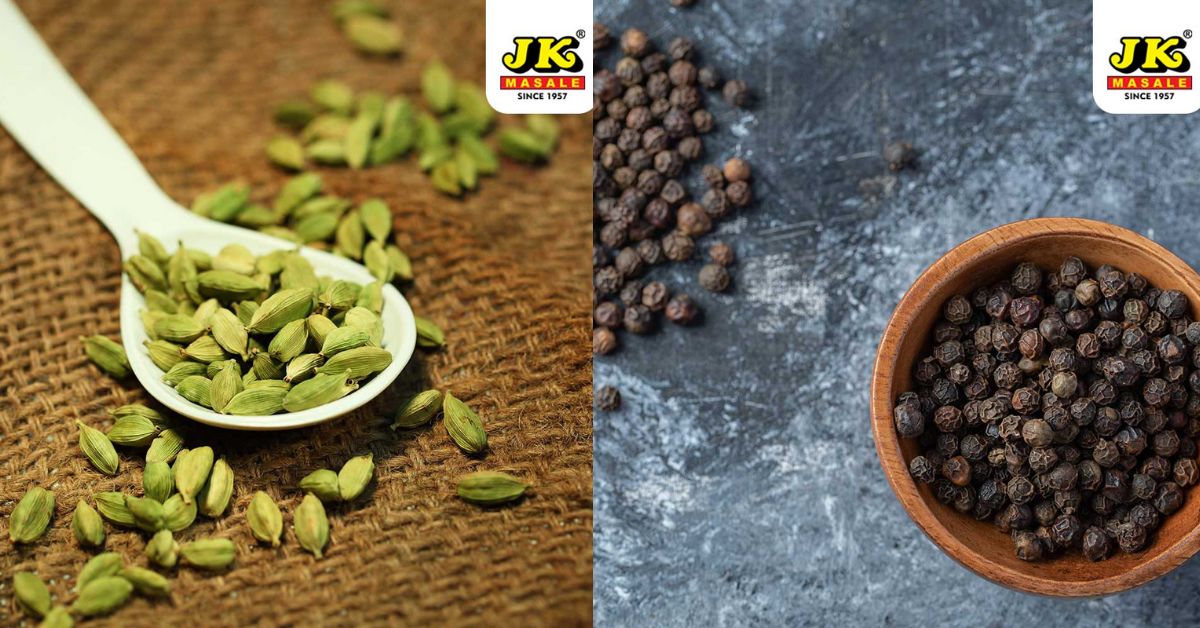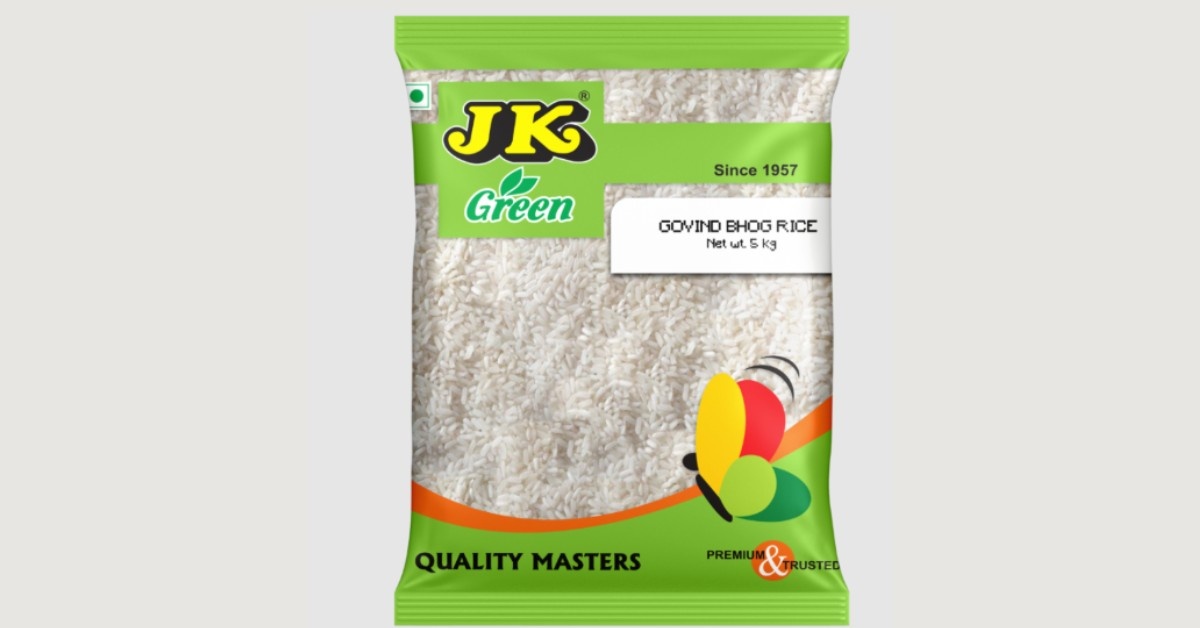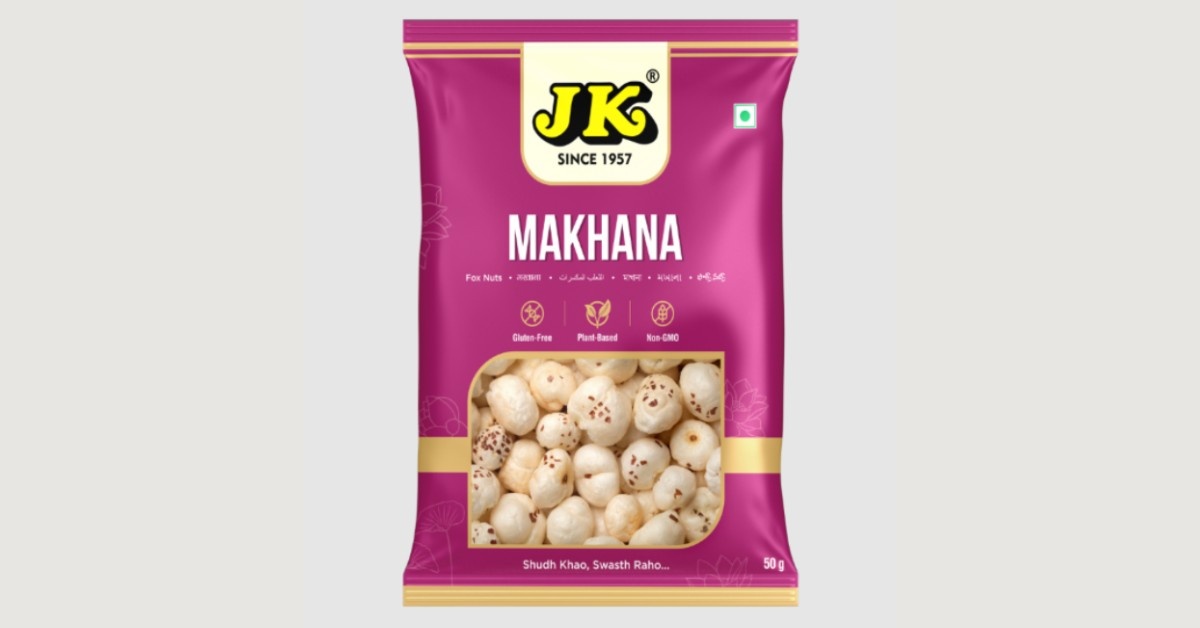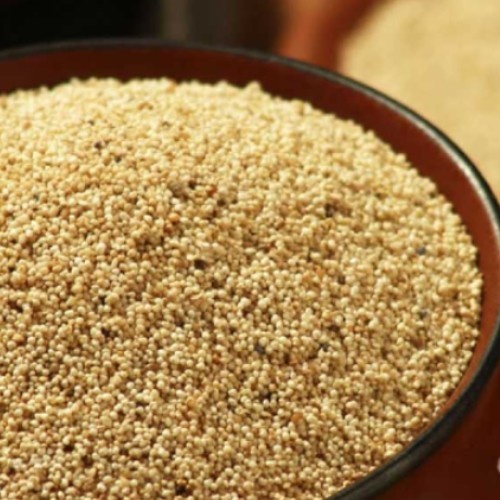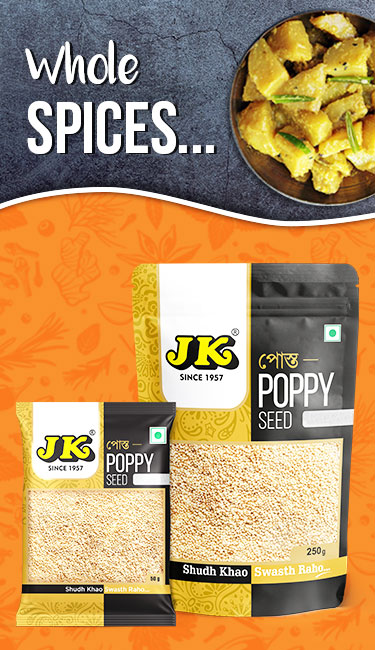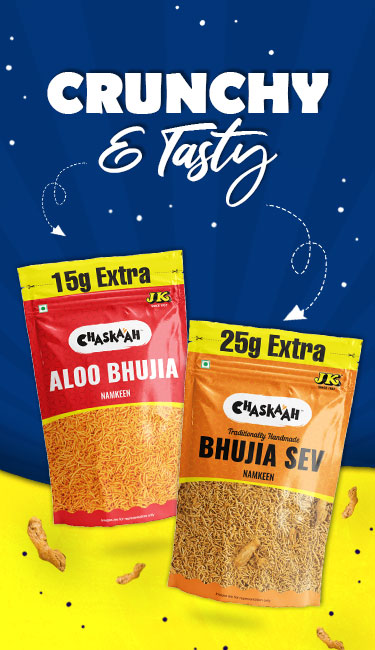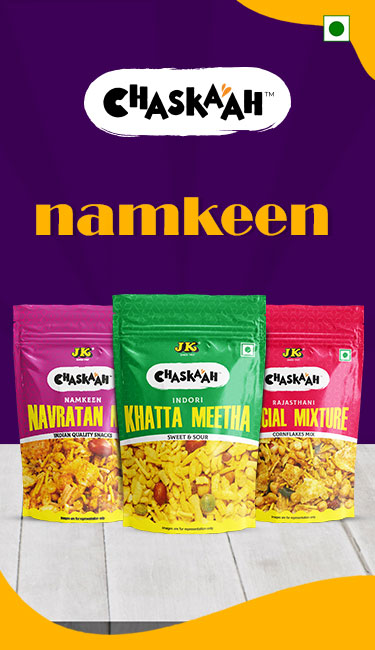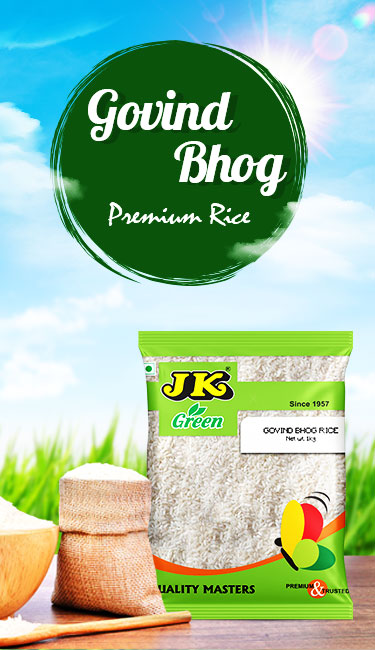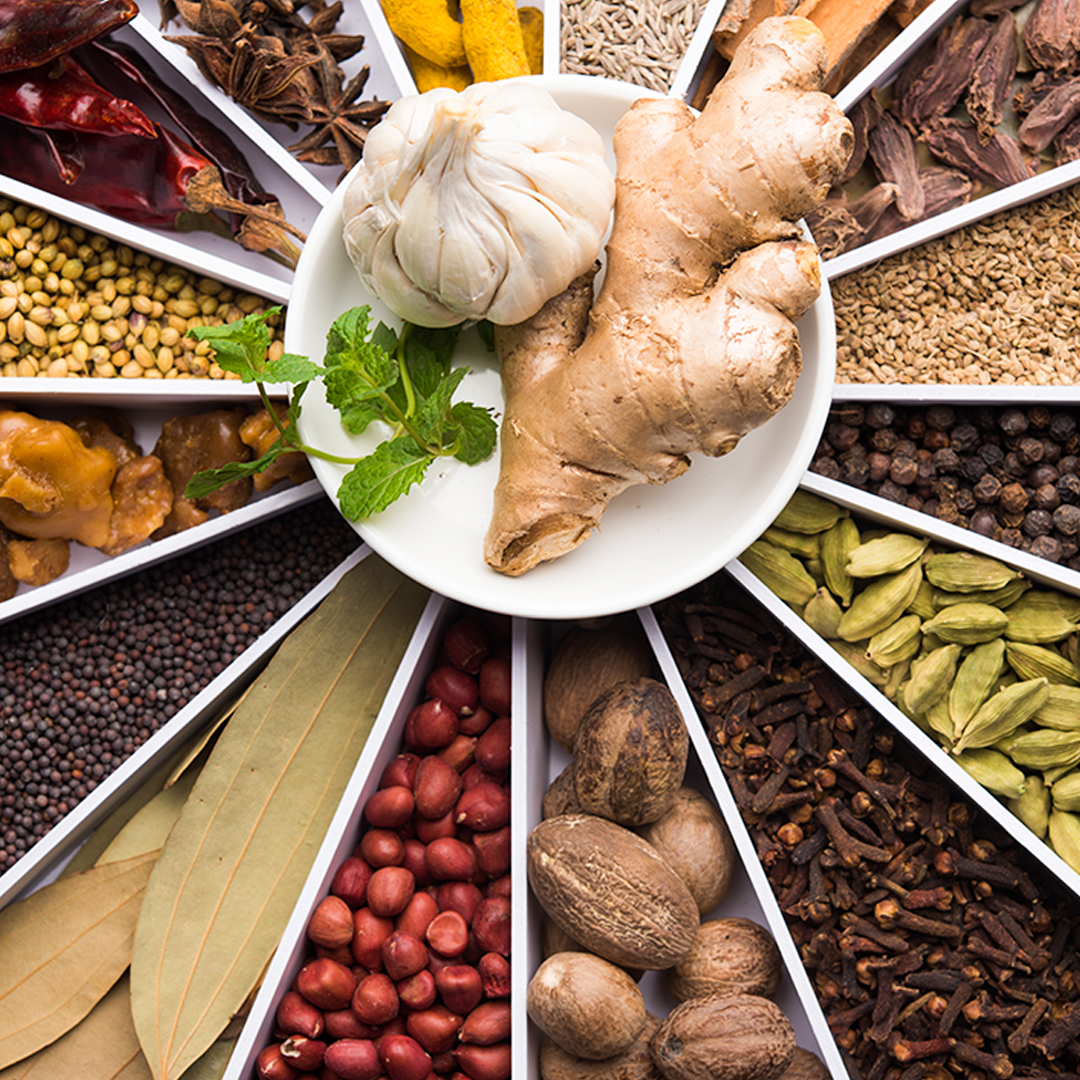
Whole spices are not only part of Indian cuisine but also prominent in western food culture. Be it Mexican seasoning, Chinese delicacies or French dishes, spices hold an elite position. Due to their versatility and flexibility, spices have become inevitable ingredients in the leading cooking styles. The diverse spices can fill your everyday food with flavours and add a kick to regular food.
What Are Whole Spices
Whole spices are the barks, roots, seeds, leaves or stems of dried plants and ready to release the fascinating aromas. These spices hold a special place in Indian cuisine, and it won't be wrong to say that Indian dishes are incomplete without them.
While spices can be used as a seasoning or in tempering to add flavours to your dish, the best part is, they don't go rancid quickly. You can store spices for a reasonably long time and use them occasionally. To know about proper storage, refer to the storage section ahead.
Benefits Of Whole Spices
Winters and spices are mates for a long time now. Indian households witness a surge in spice consumption as soon as the bone-chilling season arrives. The main reason behind this is the warming effect spices offer. Most of the ingredients in the best whole spices increase the heat accumulation inside your body and help in metabolism.
Cinnamon is a magical ingredient to lower blood-sugar level, turmeric boosts immunity and reduces inflammation, ginger helps with nausea and garlic improves the health of the heart.
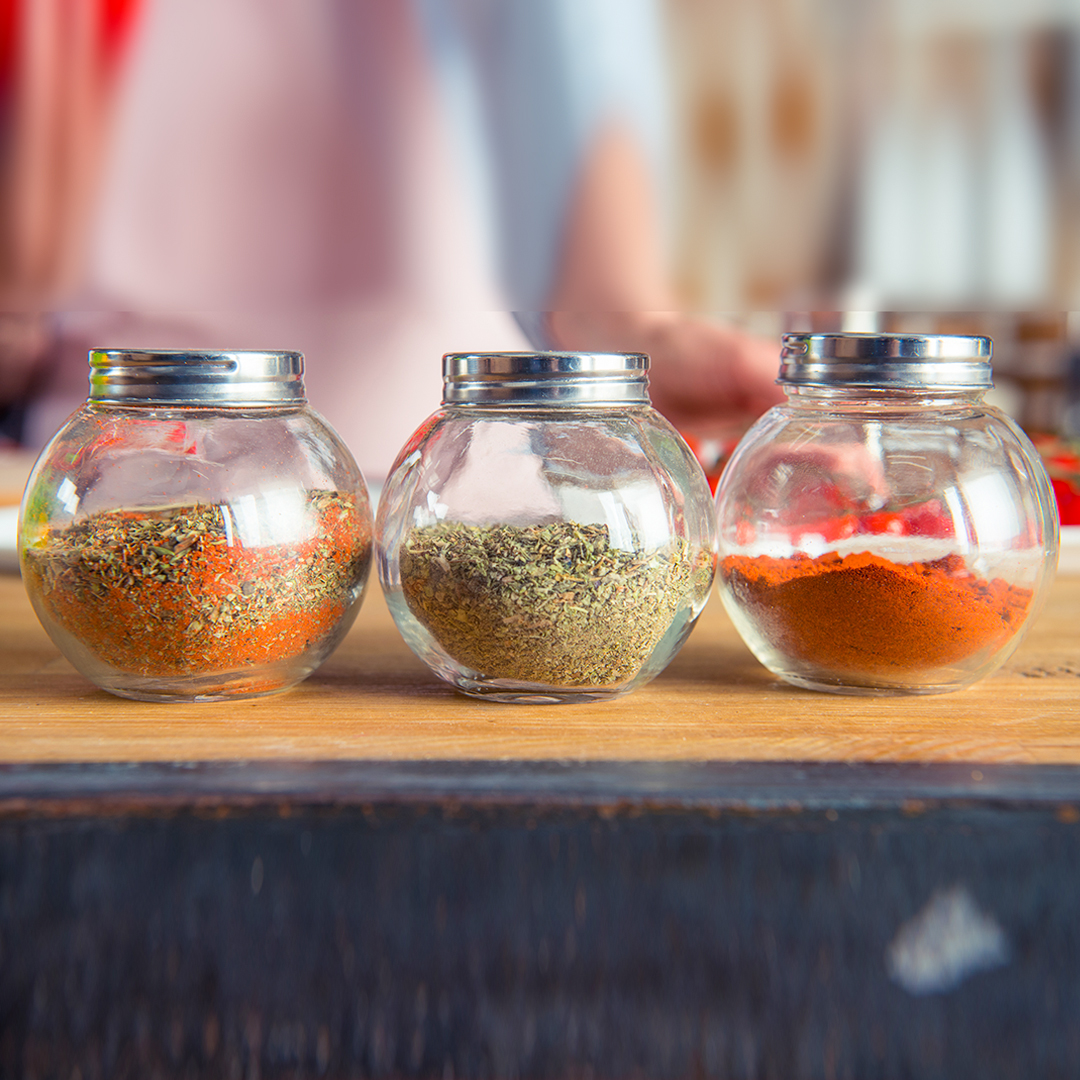
How To Use Spices
In a regular Indian household, spices are put directly into hot oil and used for tempering dals and curries. Following are few ways enlisted in which you can use spices:
Crushing
Few spices like ajwain, saunf, black pepper, coriander etc., could be crushed and directly used in dishes to induce aroma. There is no particular procedure required, just rub them between your palms or crush them with a mortar and pestle and put in the soup or curry.
Toasting & Grinding
You can put spices like jeera and cardamom over a pan and mildly roast them before making them into powder. This powder can be used like any other masala in your food. As the process doesn't include any oil, it's healthy too.
Infusing
Put the spice in boiling water, let it release the aroma, and your job is done. Yes, this method is super simple. You can infuse rice items, kheer, tea, etc., using this method.
Roast
Lastly roasting, is the most common method used in Indian kitchens. Commonly called as tadka, this method involves heating oil or ghee and putting spices like ginger, garlic, jeera, cinnamon etc. and simmering till they discharge aroma.
Storage
If whole spices catch moisture, it's game over. The only thing you need to keep in mind while storage is avoiding contact with moisture and water content. Opt for ziplock bags or traditional air-tight bags for proper safety. Aged spices might lose their pungent taste with time but generally go perfect for two years.
Conclusion
Now that you know the entire truth about whole spices start incorporating them in your daily meals and reap the health benefits. Whole spices will add wonderful flavour to your food and remove the blandness. But where to find them? You can find good quality whole Indian spices online on http://www.jkcart.com/ and get them delivered directly to your doorstep.


